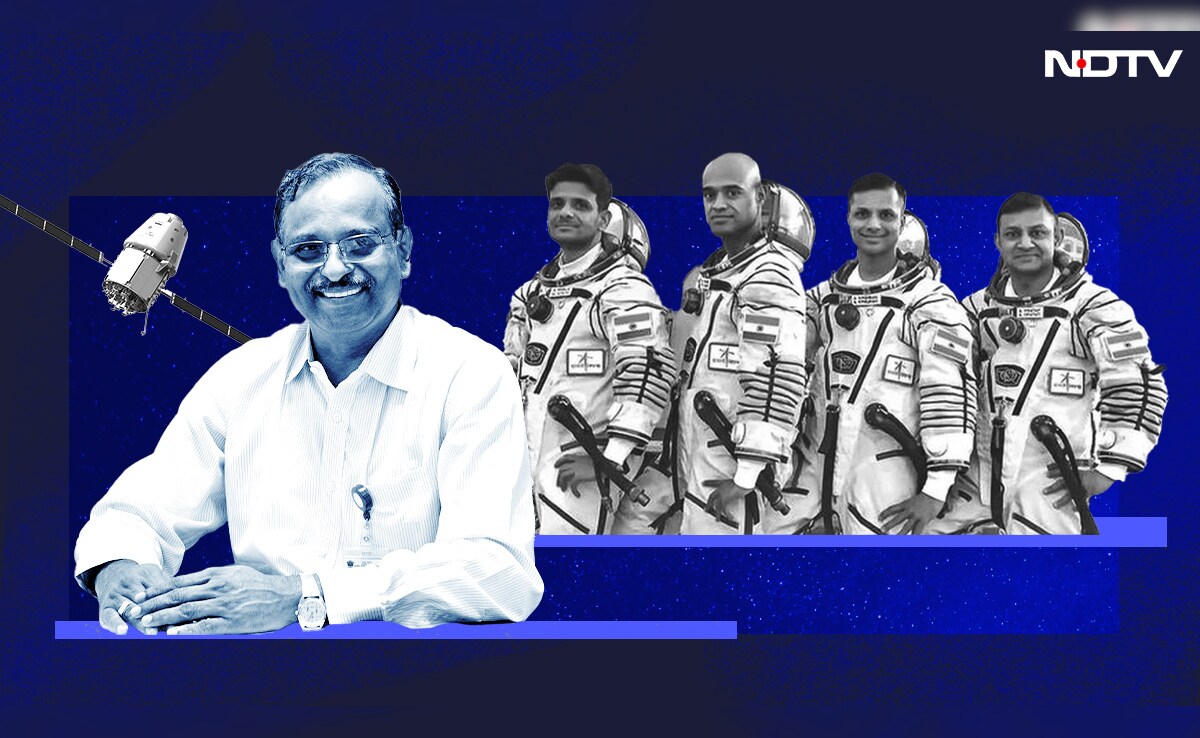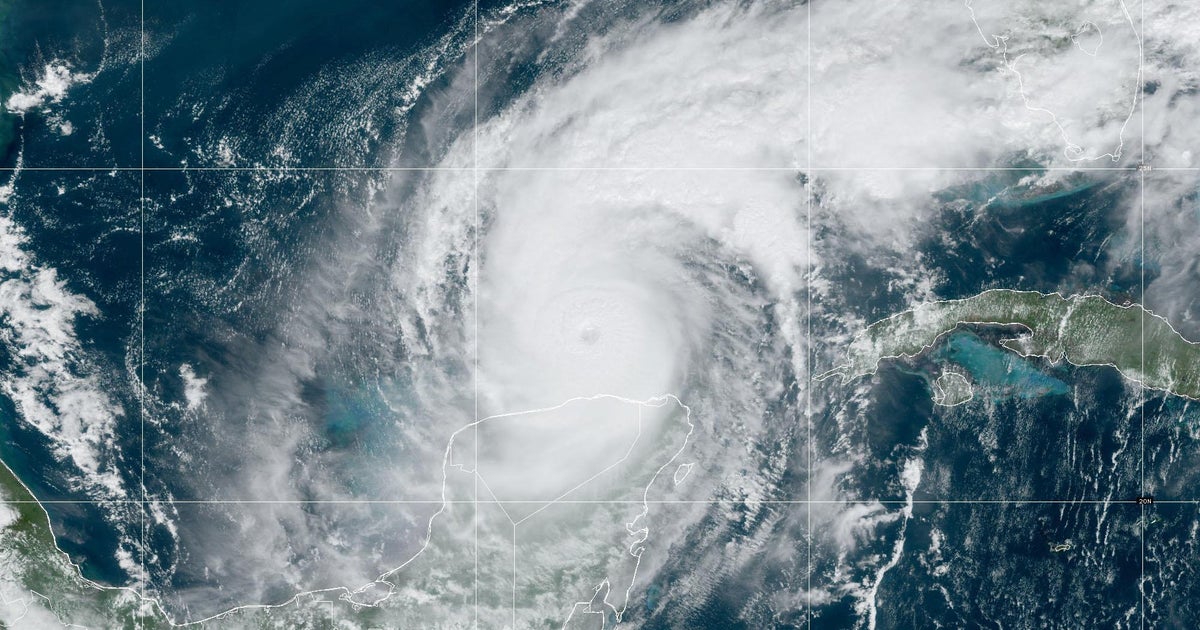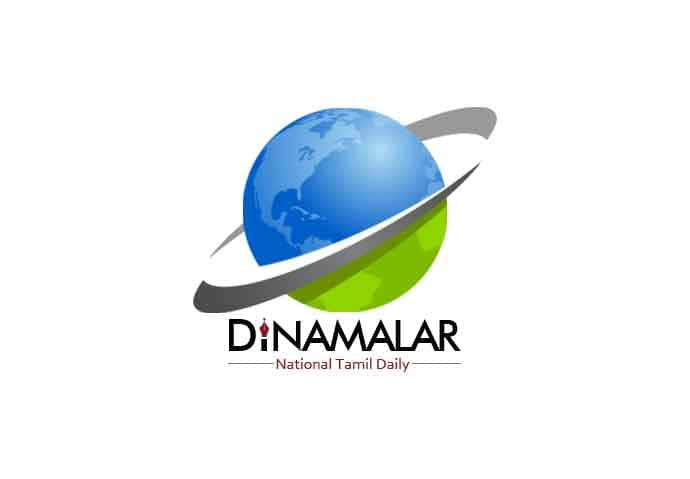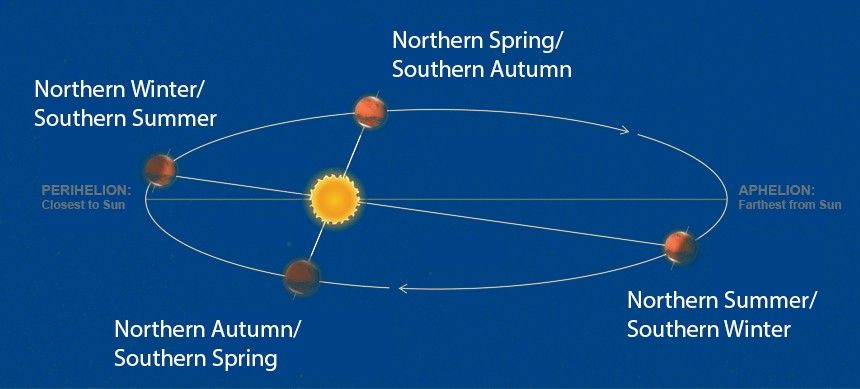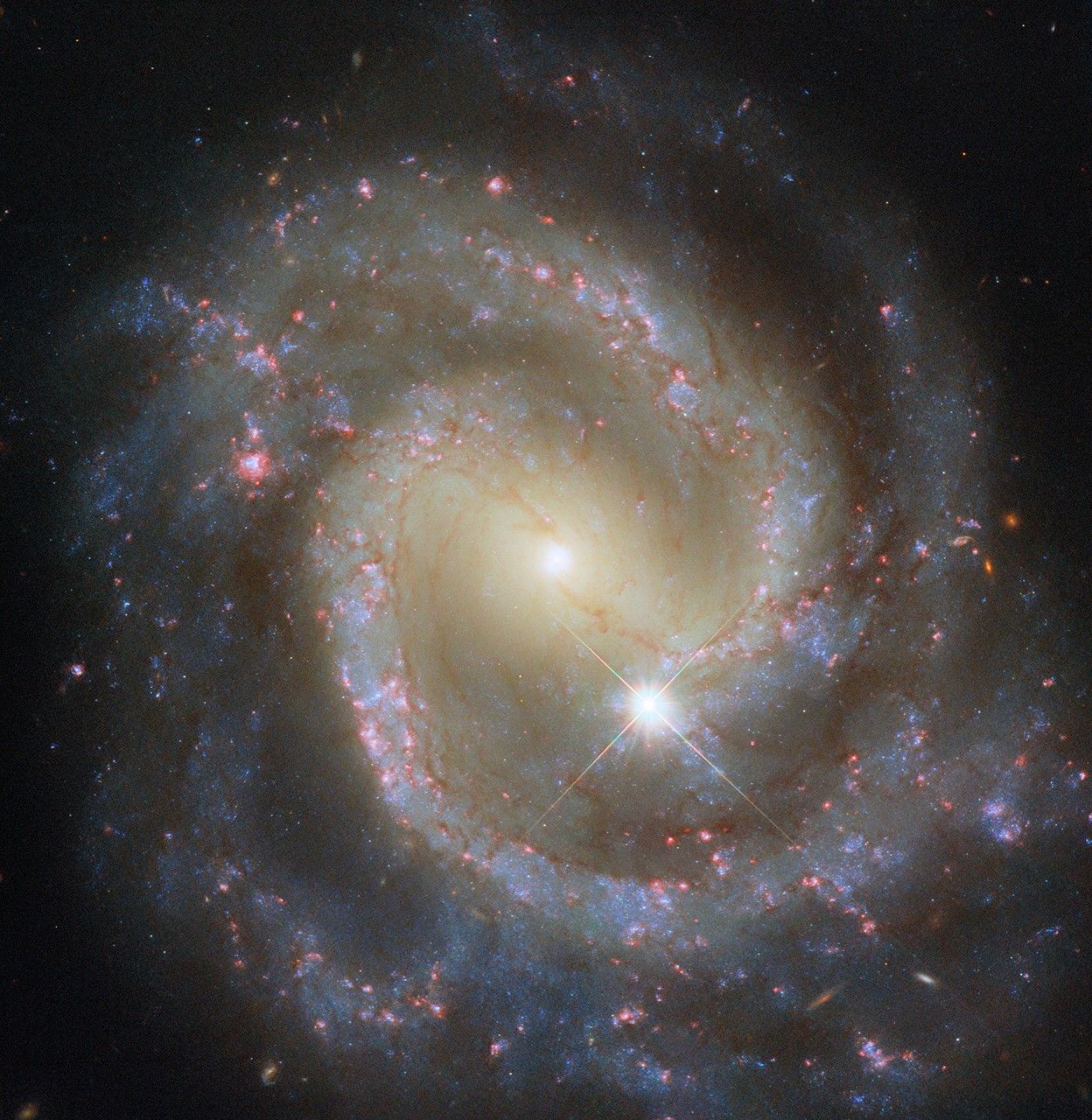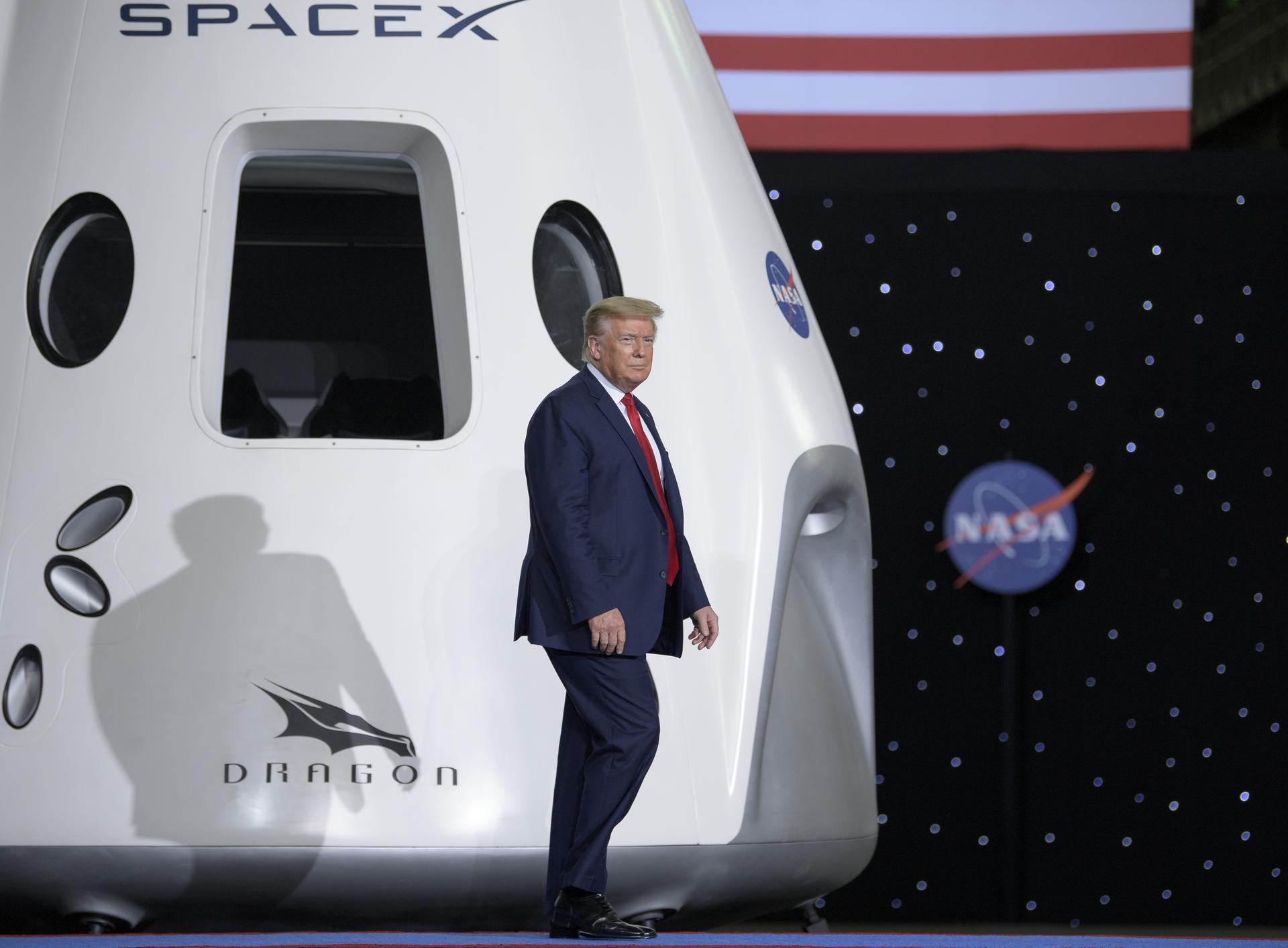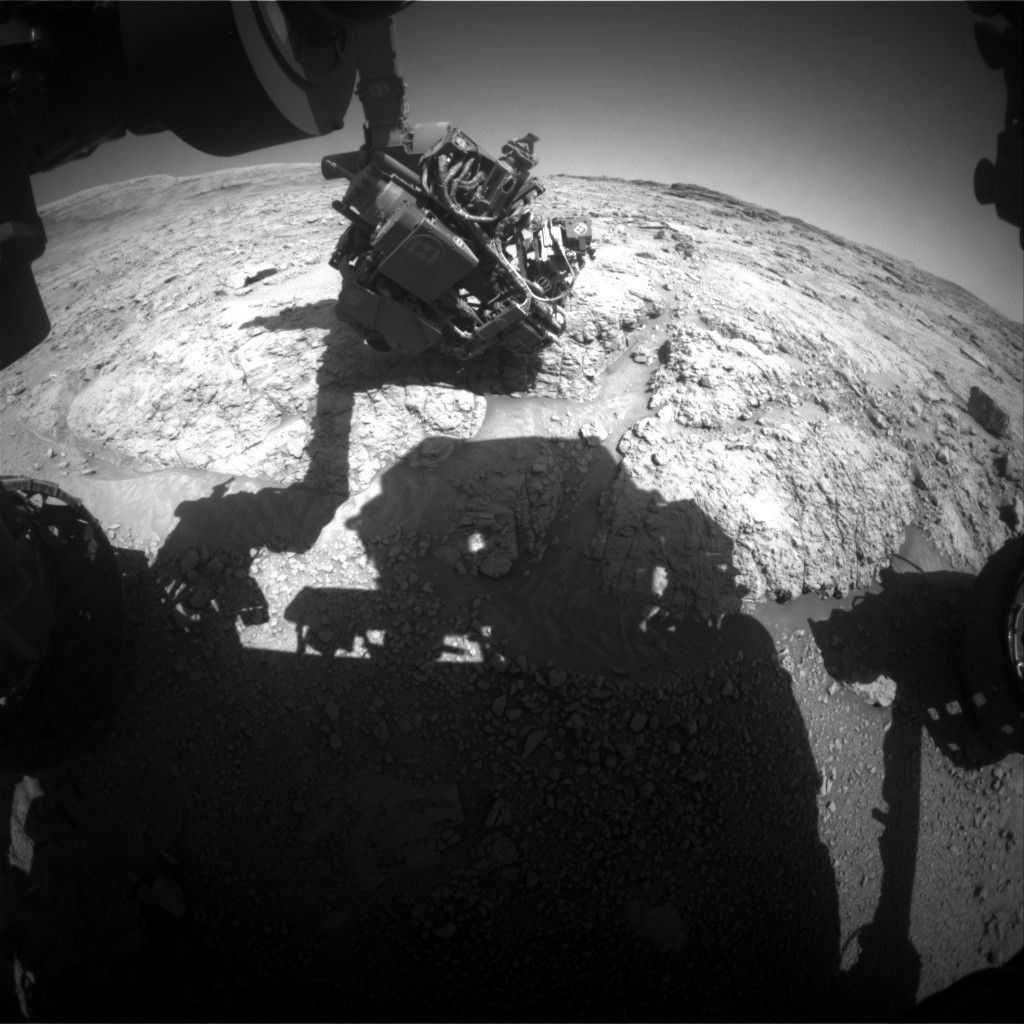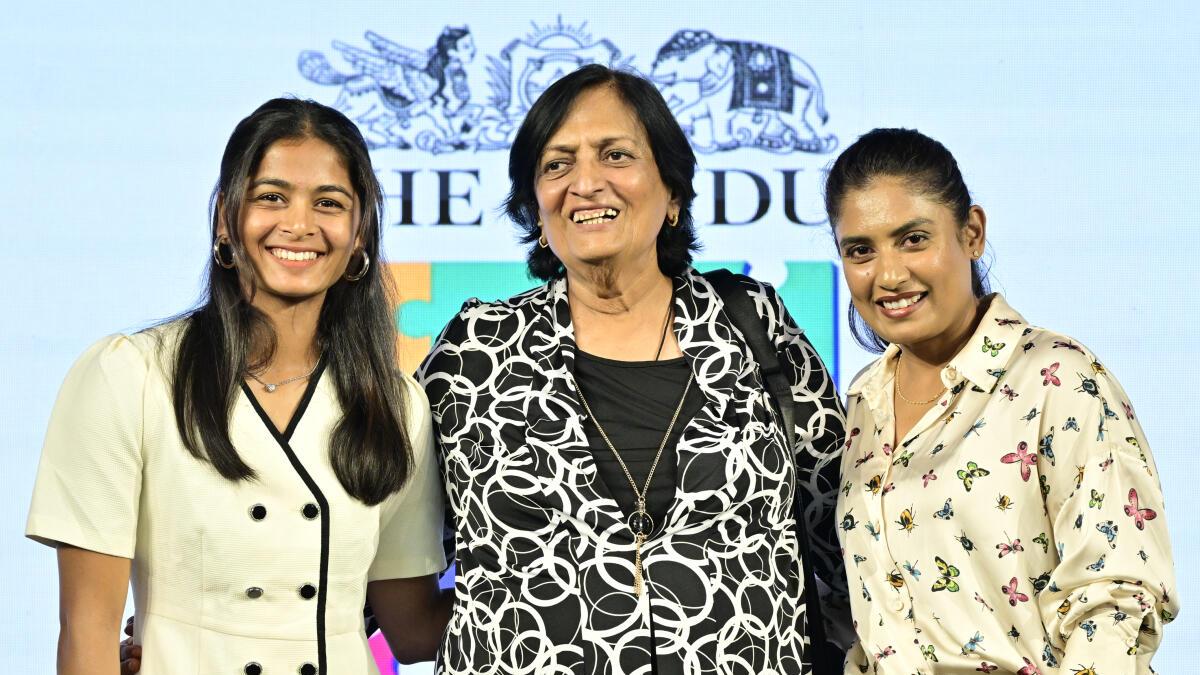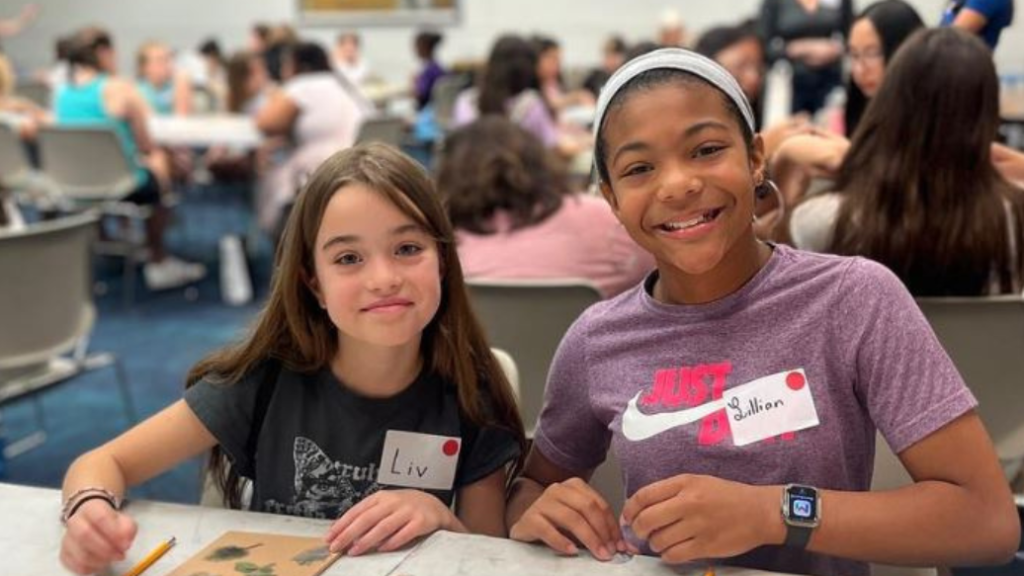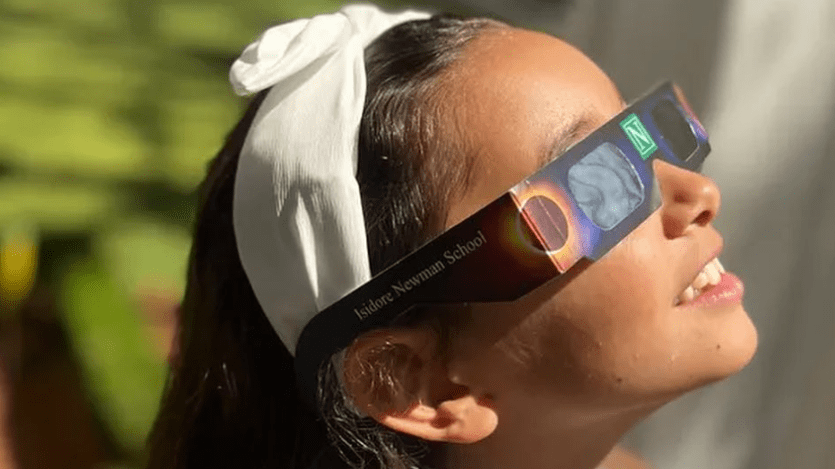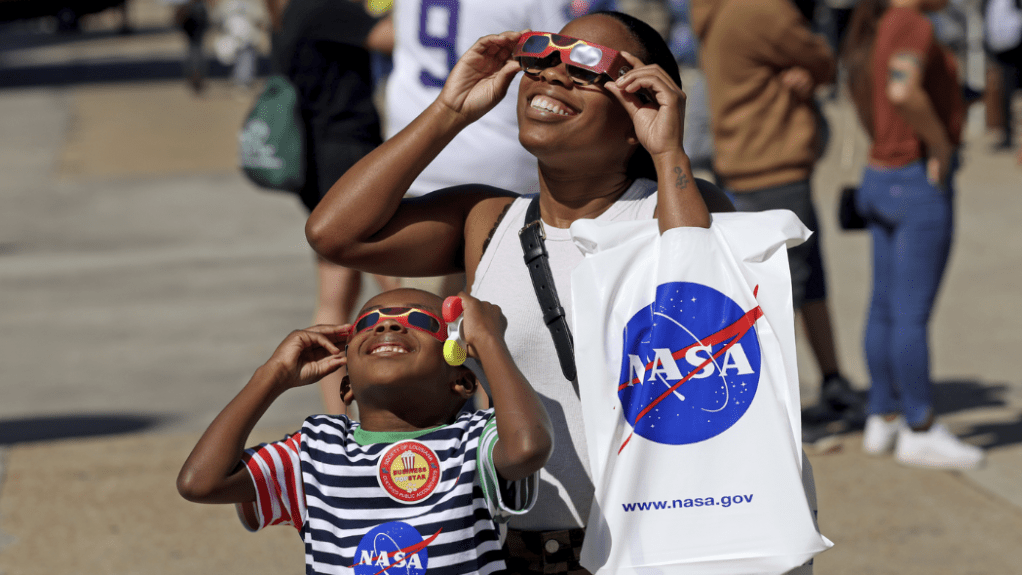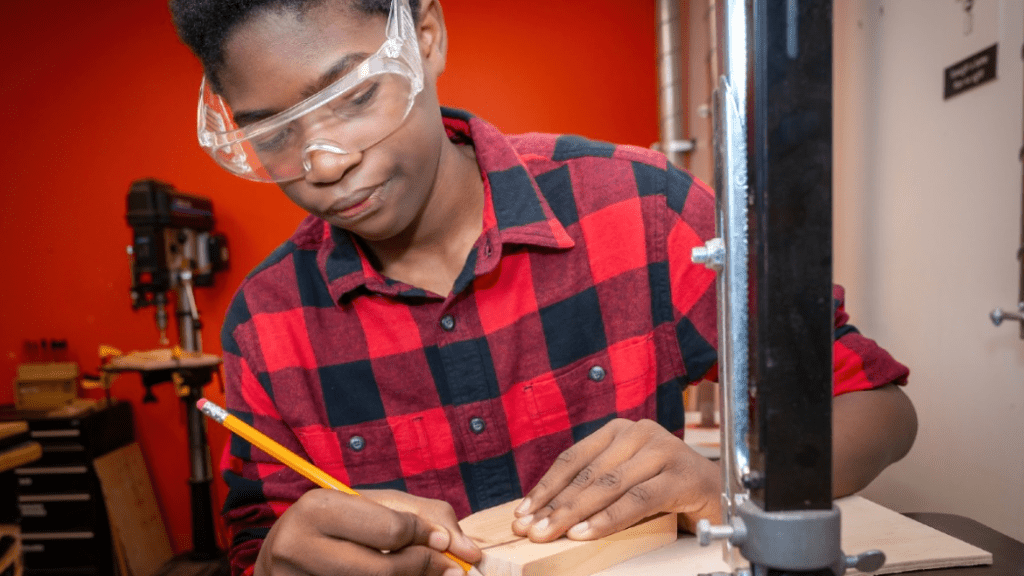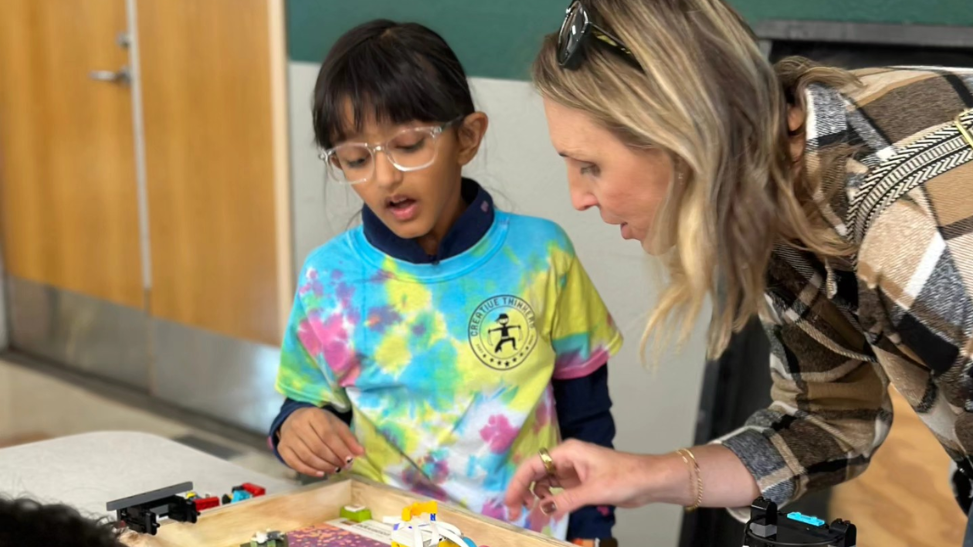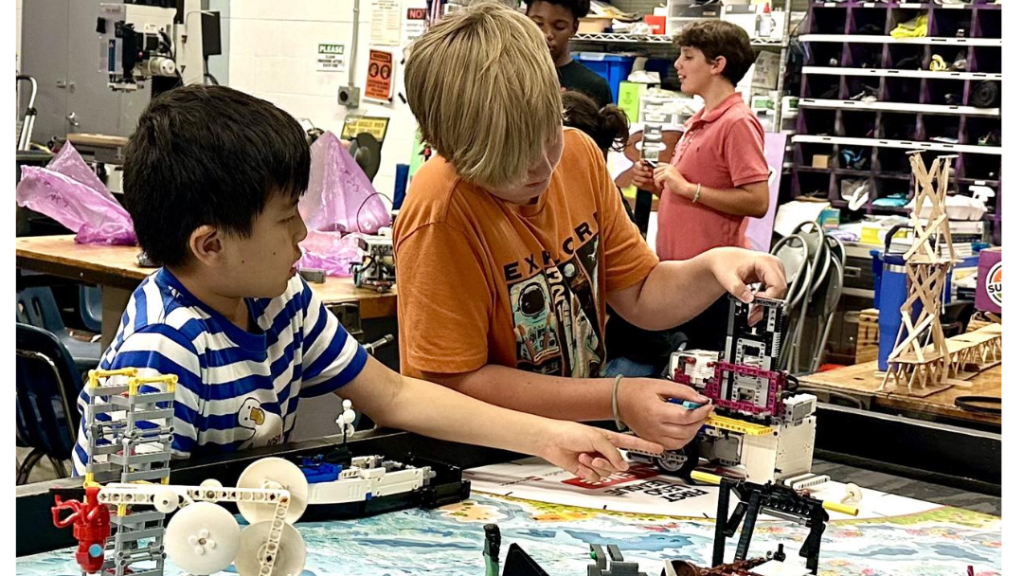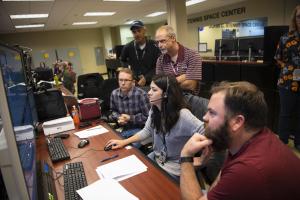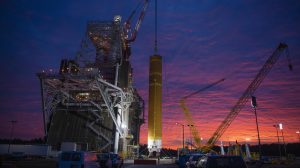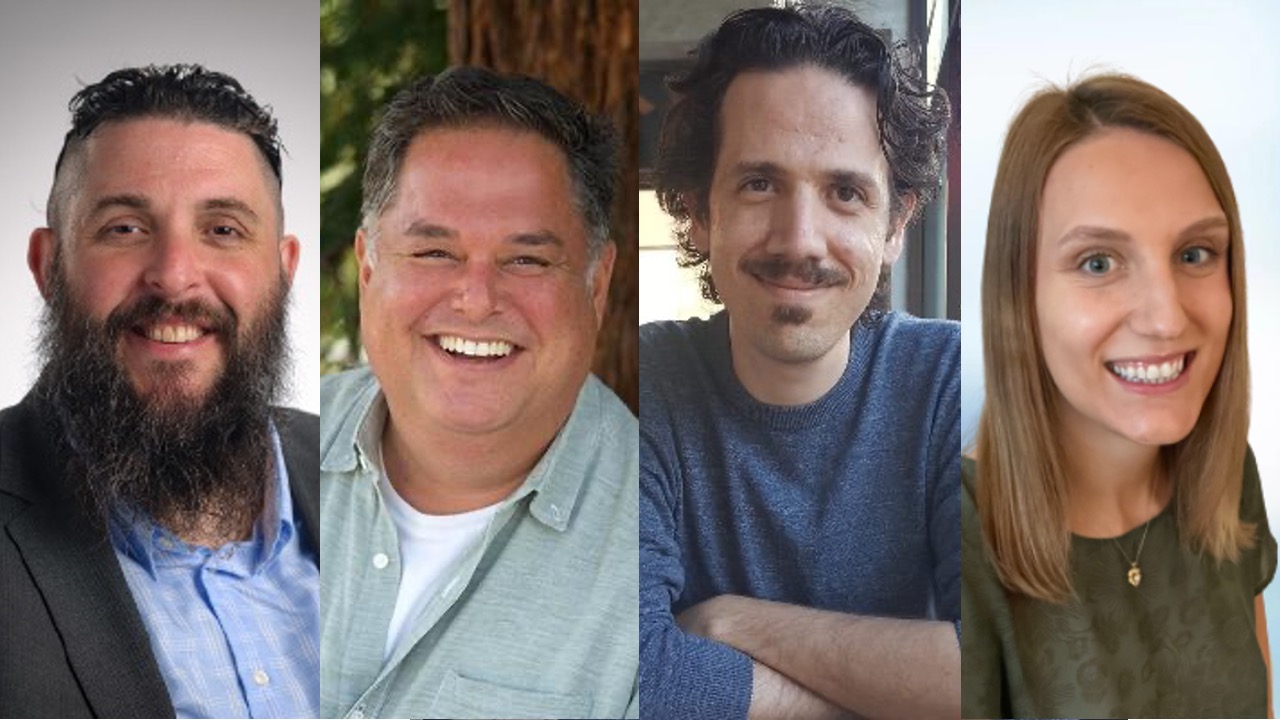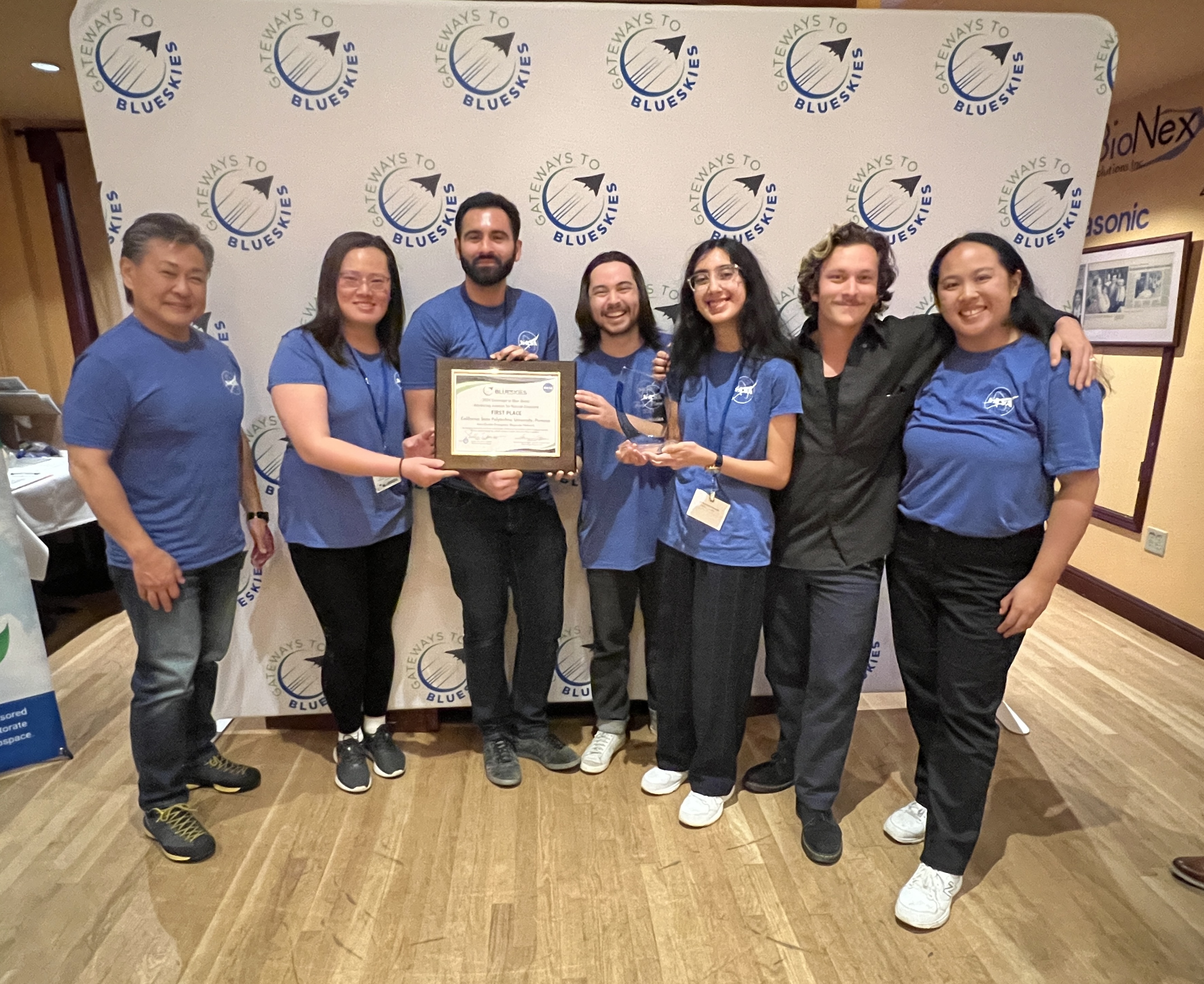NASA’s ASTRO CAMP – and its Impact – Continues to Grow in FY2024
When it comes to NASA’s ASTRO CAMP®, the numbers – and impact – of the initiative to help students across the nation and world learn about NASA and STEM (science, technology, engineering, and mathematics) just continue to grow and grow and grow. As in recent years, the NASA ASTRO CAMP® Community Partners (ACCP) program surpassed previous […]

3 min read
Preparations for Next Moonwalk Simulations Underway (and Underwater)
When it comes to NASA’s ASTRO CAMP®, the numbers – and impact – of the initiative to help students across the nation and world learn about NASA and STEM (science, technology, engineering, and mathematics) just continue to grow and grow and grow.
As in recent years, the NASA ASTRO CAMP® Community Partners (ACCP) program surpassed previous milestone marks in fiscal year 2024 by partnering with 373 community sites, including 50 outside the United States, to inspire youth, families, and educators. Participants included students from various population segments, focusing on students from underrepresented groups, accessibility for differently-abled students, and reaching under-resourced urban and rural settings.
“This year has been extremely impactful for the students at ACCP collaborating partner sites,” said Kelly Martin-Rivers, principal investigator for NASA’s ACCP. “A particular highlight was being a part of NASA’s focus on the solar eclipses of 2024, supporting over 42,000 students at 52 NASA ACCP events. Supporting more and more exciting research and activities by the Science Activation grantees and Globe citizen scientists also continues to bring hands-on experiences directly to students across the country and around the world.”
In the most recent year, the NASA ACCP partnered with 323 sites in 29 states and the District of Columbia. It also reached beyond the borders to partner with 50 sites in six countries, including Mexico, India, Turkey, Canada, Spain, and Ukraine. Overall, almost 150,000 students took part in the program, a 30% increase from fiscal year 2023. In addition, almost 107,000 students took part in special STEM activities, an increase of 43.6% from the previous year’s total of more than 74,000. ACCP trained 1,454 facilitators during Educator Professional Development sessions as well, representing an increase of 25.3% from the prior year.
Taken together, the total NASA ACCP impact exceeded a quarter of a million (257,765) people.
As part of the NASA Science Mission Directorate Science Activation program, ACCP continues to make strides in bridging disparities and breaking barriers in STEM. Demographically, the initiative reached a range of ethnic and multiethnic groups. One-third of participants were African American, with another 13% identified as Hispanic. Participants were almost equally divided between male (52%) and female (48%).
In terms of age, 38% of participants were elementary school students. Another 30% were middle school aged, with the remaining 38% high school students. In a final breakdown, more than 42,000 of the participants were impacted during 52 NASA ACCP solar eclipse events in the spring of 2024.
ACCP activities offer real-world opportunities for students to enhance scientific understanding and contribute to NASA science missions, while also inspiring lifelong learning. The ACCP theme was “NASA Science … Fire to Water to Ice and Beyond!” The program featured materials and activities related to NASA science missions, astrophysics, heliophysics, Earth science, and planetary science.
The unique methodology teaches students to work collaboratively to complete missions and provides trained community educators to implement the themed NASA modules, developed by the ACCP team, seated at NASA’s Stennis Space Center near Bay St. Louis, Mississippi.
ASTRO CAMP began at NASA Stennis as a single one-week camp in the 1990s. Since then, it has developed into several adaptable models for schools, museums, universities, libraries, and youth service organizations, enabling a worldwide expansion.
For more information about becoming a NASA ASTRO CAMP Collaborative Community Partner, contact: Kelly Martin-Rivers at kelly.e.martin-rivers@nasa.gov or 228-688-1500; or Maria Lott at maria.l.lott@nasa.gov or 228-688-1776.
For more on the ASTRO CAMP Collaborative Community Partner Program, visit:
https://www.nasa.gov/stennis/stem-engagement-at-stennis/nasa-accp/.
Share
Details
Related Terms
What's Your Reaction?








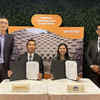




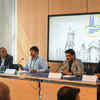





.jpg?#)

